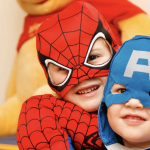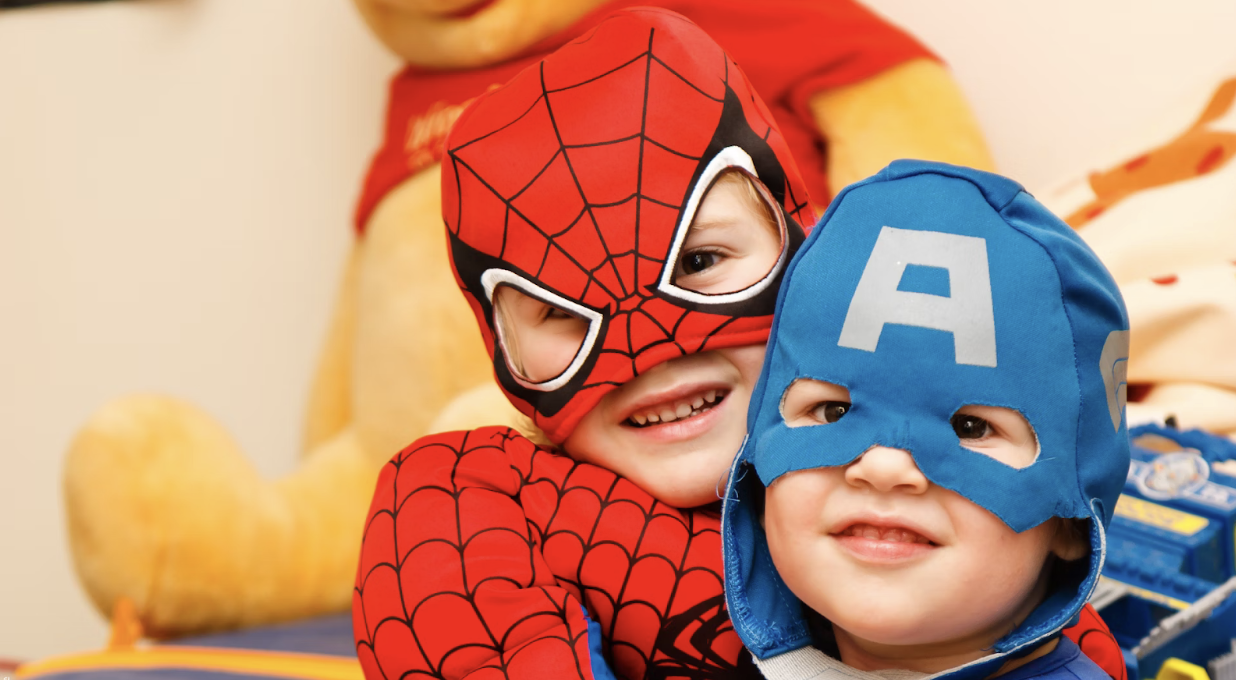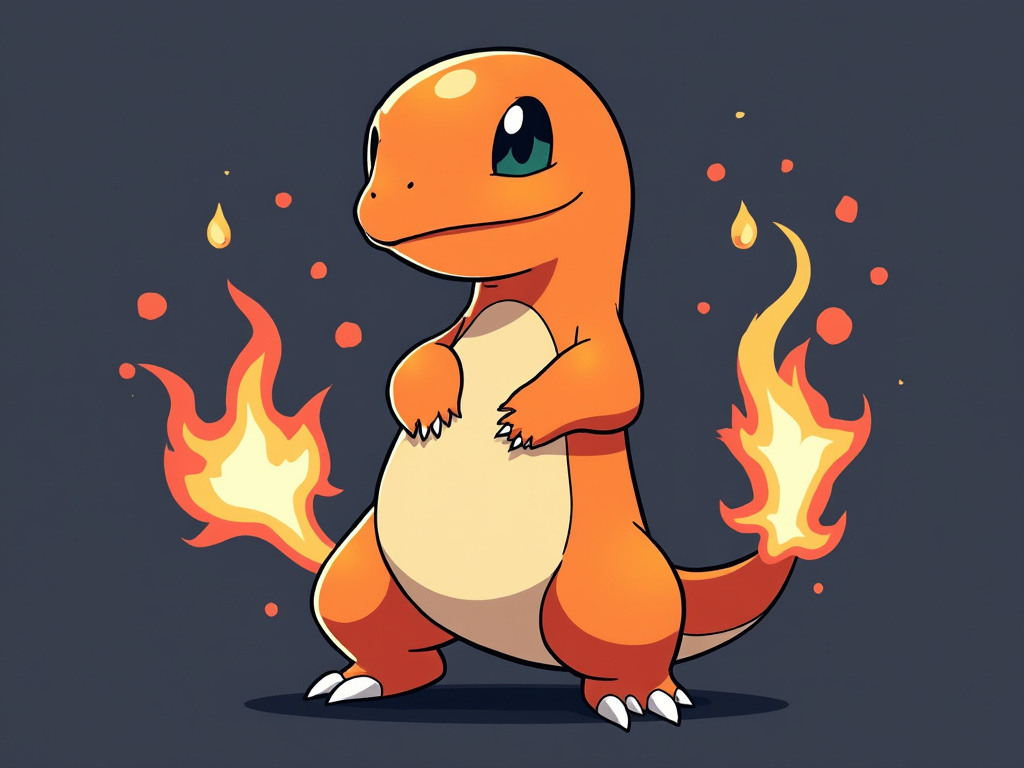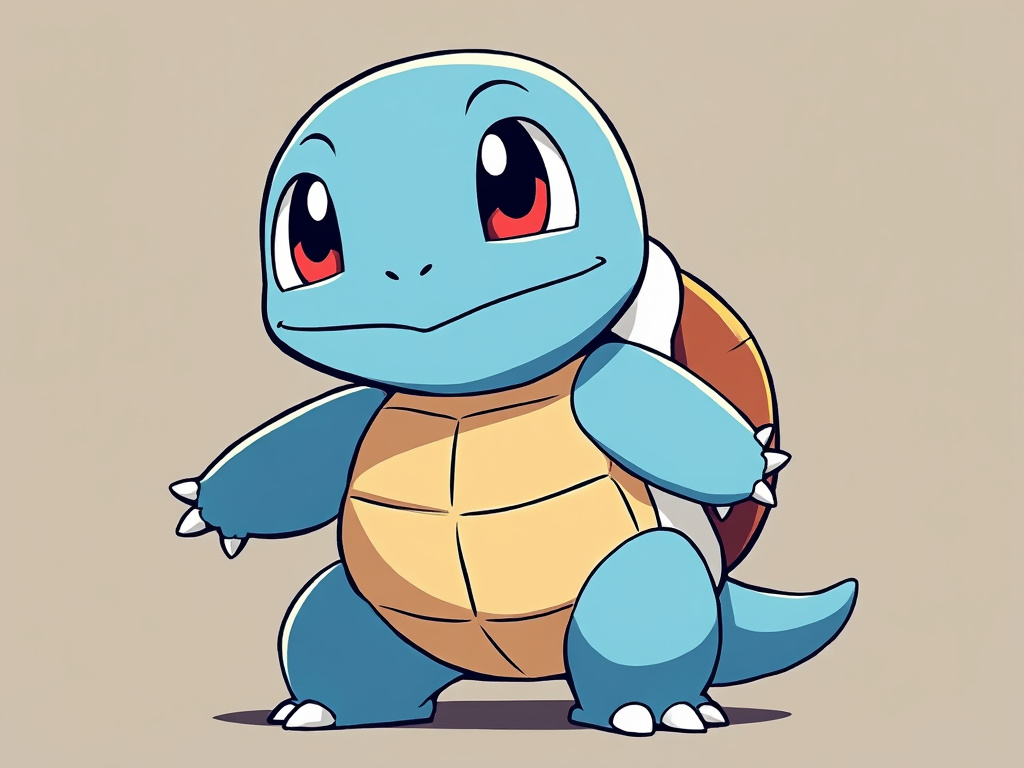Simple Activities That Boost Your Kids’ Development6 min read
As a parent, we must ensure that our children can grow and excel in reaching their full potential. And the best way to do so is to encourage our children to participate in daily physical and mental activities that will stimulate their minds and test their physical attributes.
The best place to start is in your own home or backyard. If you actively participate in these activities with your children, it can help develop your child’s cognitive, social, emotional, and physical growth. Playing with puzzles and building blocks, going on nature walks, and indulging in make-believe roleplaying is simple, fun, and stimulating. This article has discussed a list of simple activities that boost your kids’ development. Take notes!
Contents
11 Simple Activities That Boost Your Kids’ Development
In this section, we’ll look at some simple and entertaining things you can do with your kids to positively impact their physical and mental development and help them achieve their full potential.
1. Participate in Creative Activities
A terrific approach to fostering your child’s intellectual and emotional development is engaging in creative pursuits, such as painting, drawing, fun origami projects for kids, or crafting things. By taking part in these activities, children have the opportunity to build their creative and imaginative capabilities, as well as their potential for self-expression. In addition, it can also help kids enhance their hand-eye coordination as well as their fine motor skills.
2. Word Games
Play word games with your kids to help them learn new words. Simple instructions like “I am now mixing the butter into the batter” or “Tall buildings are also called skyscrapers” can go a long way toward helping a child learn a language. Perhaps you could explain these terms or provide some context for them. Vocabulary and conversation skills can also be honed by playing games like Scrabble, Pictionary, or a round of Charades.
3. Puzzles And Building Blocks
It is important to provide the opportunity for your child to play with toys like puzzles and building blocks if you want to aid in developing their cognitive skills. Puzzles and building blocks are two examples of such toys. Participating in these activities is a great way to improve your ability to solve problems, think critically, and be aware of your surroundings. In addition to this, they can be of assistance to your child in the development of their hand-eye coordination and fine motor talents.
4. Playing Catch
The physical activity of scooping up a ball and tossing it can help enhance your child’s balance. Their motor skills will be elevated to a new level after they have mastered the art of aiming, and they will continue to improve for the rest of their lives due to this learning experience.
Use balls of varying sizes; for example, one day, you could play with a tennis ball, and the following day you could use a softball. When it comes to throwing, these varying lengths and weights will need varying degrees of focus and physical strength on your kid’s part. You may even take yourself out of the situation by having your child play fetch with your pet. Your pooch would definitely enjoy this gesture.
5. Read Together
Engaging in reading activities with your kid is a wonderful method to foster their mental growth and development. Reading to your kid is an excellent way to encourage the growth of their creativity, as well as their vocabulary and comprehension abilities. Reading aloud to your kid can also be a wonderful bonding activity to make them feel loved and comfortable in their environment.
6. Visiting Playgrounds
Children’s playgrounds are designed to be physical challenge zones. Large muscle groups, like the abdominals and legs, can be strengthened by playing on sturdy playground equipment. Your child’s ability to connect what they see and what happens in the real world can be enhanced by moving through fun obstacle courses or scaling a climbing wall. The process of focusing on the step or handhold and figuring out how to reach it mentally and physically will stimulate your youngster. Playgrounds also allow your children to play with other kids, allowing them to make new friends and understand the importance of teamwork.
7. Running
For obvious safety reasons, if you observe one of your kindergarteners running, you are likely to stop them. While stumbles and falls are never favorable, they are necessary for growth. Running fast is associated with greater gains in gross motor skills. The progression from walking to jogging and eventually running helps children develop quicker reflexes and more coordinated motor skills.
8. Trying Textures
Children at this age learn mostly via their sense of smell, sight, and taste. You can help your child learn the alphabet and/or numbers by having them paint poster paper with textured things like sandpaper, cotton balls, beans, or any other household item after you have traced the letters and/or numbers with a black marker. Children may learn about the three-dimensional shape of letters by touching them. Before picking up a pen or pencil, kids learning to write can practice making the form of a letter with their fingers. Repeat the alphabet and number sequence aloud daily as your youngster touches the letters and numbers. Create a poster using the letters in his first name to continue the exercise later. Your kid will start seeing these symbols around soon.
9. Label Household
Label a handful of things around the house and switch them out monthly, such as the fridge, windows, and chairs. Then tell your child to label your household objects correctly. For ease of use by children, all labels should be the same size and a simple typeface should be used. Create removable word art by typing, printing, and stapling individual words to surfaces with painter’s tape. You can also print the words out on index cards and use those to label things.
10. Rhymes
Rhymes are useful for more than only language development; they also improve listening and memory skills through repetition. You can use rhyme to describe your daily activities or have your kids describe their favorite things.
11. Storytelling
While reading aloud to your kids is a great way to pass the time, telling them stories of your own — true or fictional — can help strengthen your bond with them and improve their ability to express themselves. Discuss the ups and downs of your typical day. Allow their imaginations to run wild as you make up stories about the people, places, and things they see around them.
Conclusion
Suppose you want your kids to develop strong communication skills. In that case, you must keep providing positive reinforcement and an enjoyable learning atmosphere where they can freely express themselves and learn new languages. Help them develop their verbal communication skills to take on the world with self-assurance as they age. These 11 simple we mentioned should help speed up the process.





